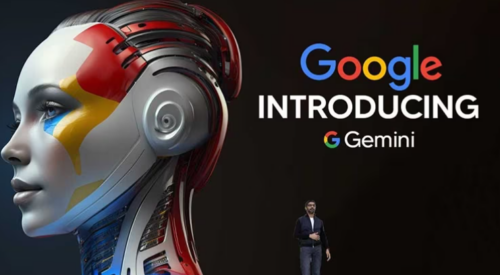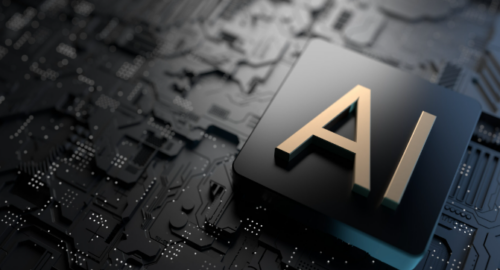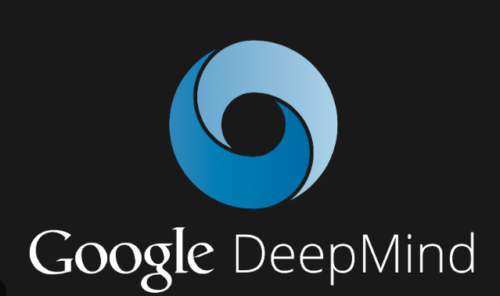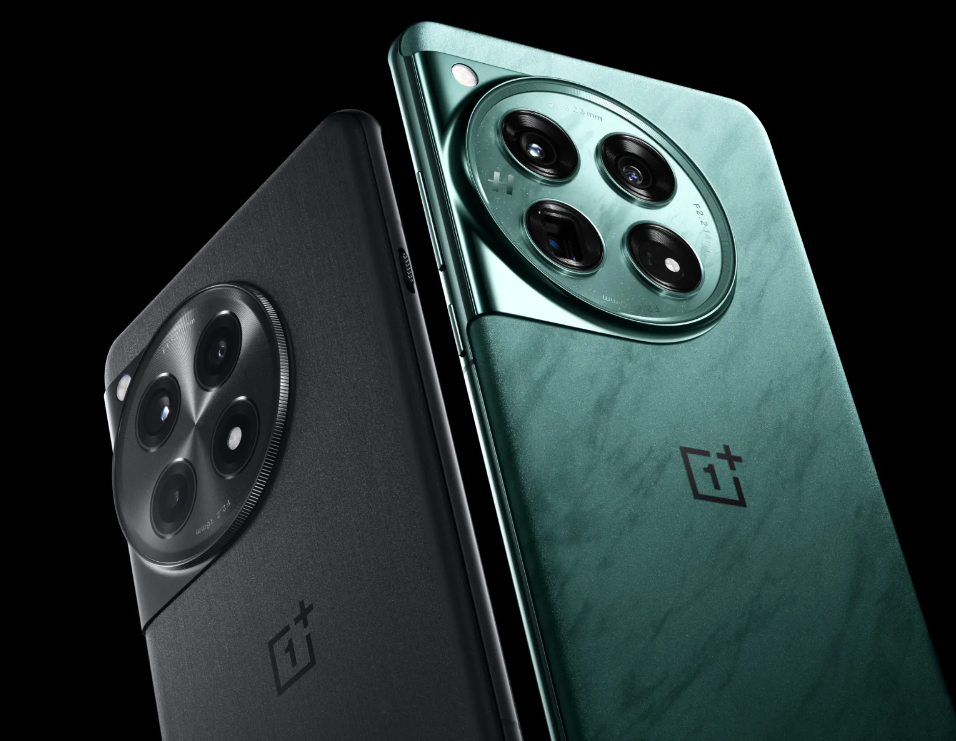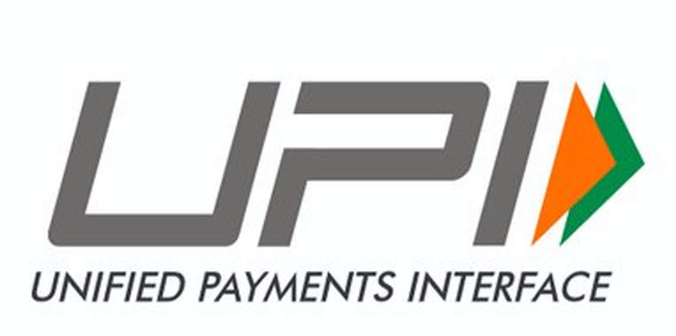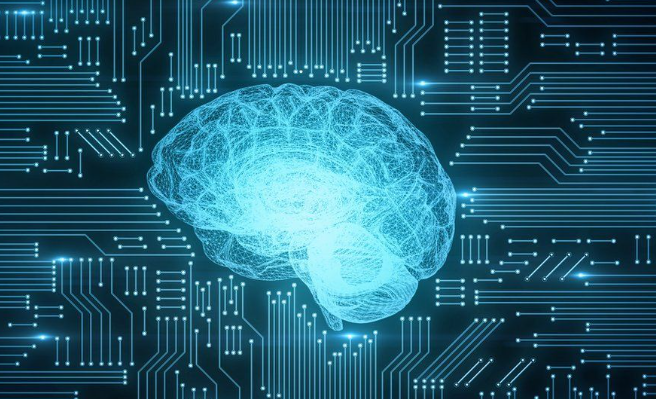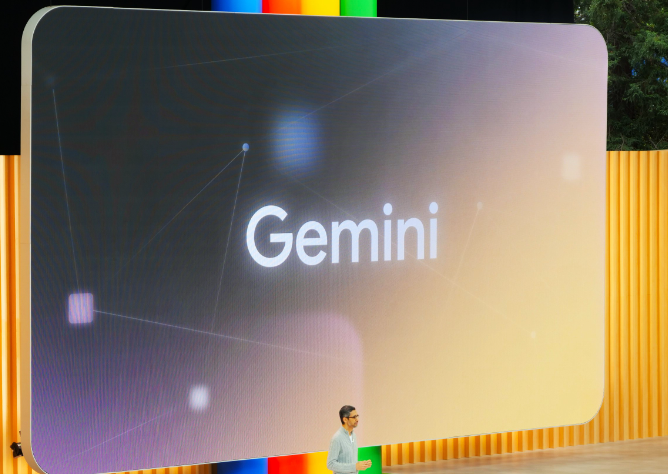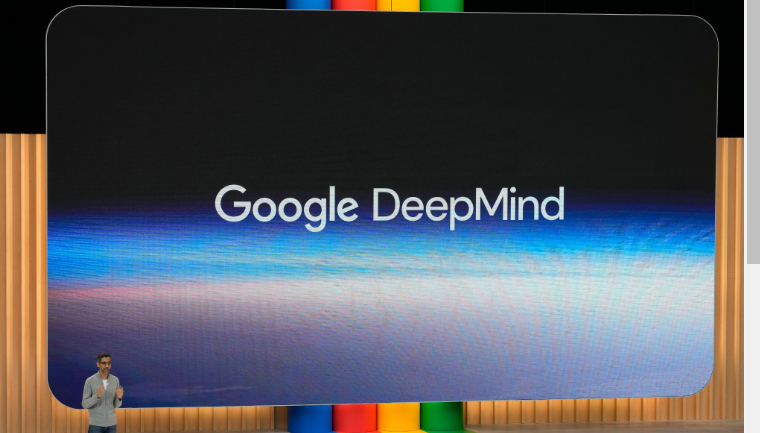
Google DeepMind, a British-American artificial intelligence research laboratory under Google’s umbrella, has emerged as a trailblazer since its establishment in 2010. Delving into diverse AI realms, it has significantly shaped the landscape of artificial intelligence. Here’s a snapshot of Google DeepMind:
Mission: To advance AI capabilities, broaden knowledge, and uncover new solutions to complex challenges.
Focus Areas:
- Machine Learning:
- DeepMind leads in pioneering machine learning research, forging innovative algorithms and techniques.
- Reinforcement Learning:
- Demonstrated expertise through programs like AlphaGo and AlphaFold, showcasing prowess in reinforcement learning.
- Neuroscience:
- DeepMind researchers endeavor to comprehend the intricacies of the brain, applying insights to the development of AI.
- Multimodal Learning:
- Focusing on enabling machines to glean insights from various modalities, including text, code, images, audio, and video.
Notable Achievements:
- AlphaGo:
- Triumphed over the world champion in the ancient game of Go, marking a groundbreaking moment in AI history.
- AlphaFold:
- Revolutionized protein structure prediction, accelerating progress in drug discovery.
- Gato:
- Showcased advancements in general intelligence with a single AI agent mastering diverse games and tasks.
- Sparrow:
- Introduced a large language model emphasizing factual language and information retrieval.
Impact: DeepMind’s research extends its influence across various domains:
- Healthcare:
- AI contributes to new treatments, early disease diagnosis, and personalized patient care.
- Climate Change:
- AI aids in understanding and addressing climate challenges, optimizing renewable energy sources.
- Education:
- Personalizing learning experiences and enhancing student support through AI applications.
- Robotics:
- AI facilitates improved robot comprehension and interaction with the world, ushering in advancements in manufacturing and automation.
Challenges and Concerns:
- Ethical Implications:
- The ethical dimensions of DeepMind’s research raise concerns about potential biases and misuse of AI.
- Job Displacement:
- Questions linger regarding AI’s impact on job displacement, necessitating adaptations in the labor market.
- Transparency and Explainability:
- Emphasizing the importance of transparency and explainability in AI models for trust and accountability.
Future of DeepMind: Committed to responsible AI development, DeepMind envisions research benefiting humanity at large. With ongoing investments in cutting-edge research and collaborative efforts across disciplines, DeepMind aims to push the boundaries of AI and shape a future where its advancements positively impact society.
Google DeepMind: Milestones
2010:
- September: DeepMind is founded by Demis Hassabis, Shane Legg, and Mustafa Suleyman.
2011:
- DeepMind begins research on artificial general intelligence (AGI) and reinforcement learning.
2012:
- DeepMind makes significant progress in playing Atari 2600 games, demonstrating the capabilities of its reinforcement learning algorithms.
2013:
- DeepMind’s DQN (Deep Q-Network) algorithm achieves state-of-the-art performance in playing Atari games.
2014:
- January: Google acquires DeepMind for a reported price between $400 million and $650 million.
- March: DeepMind’s WaveNet algorithm for speech synthesis produces realistic and human-like voices.
2015:
- February: DeepMind’s AlphaGo program defeats professional Go player Fan Hui, marking a significant milestone in AI.
- December: DeepMind publishes a paper in Nature demonstrating the structure of the HIV capsid protein using its AlphaFold protein structure prediction algorithm.
2016:
- March: AlphaGo defeats Lee Sedol, a 9-dan professional Go player and world champion, further solidifying its capabilities.
- December: DeepMind introduces MuZero, a single reinforcement learning algorithm capable of mastering a variety of games and tasks.
2017:
- February: AlphaFold wins the Critical Assessment of Protein Structure Prediction (CASP) competition, showcasing its accuracy in protein structure prediction.
2018:
- January: DeepMind announces Gato, a single AI agent capable of learning and adapting to a wide range of environments and tasks.
- August: DeepMind launches DeepMind Ethics & Society, a team dedicated to addressing the ethical implications of AI research.
2019:
- DeepMind publishes a paper in Nature demonstrating the potential of AlphaFold for drug discovery.
2020:
- July: DeepMind unveils its Pathways system, a large-scale neural network model capable of learning from various data modalities.
- November: DeepMind’s AlphaFold 2 achieves near-perfect protein structure prediction accuracy, revolutionizing the field of structural biology.
2021:
- DeepMind’s Sparrow, a large language model focused on factual language and information retrieval, is announced.
2022:
- DeepMind announces its partnership with GlaxoSmithKline to use AI for drug discovery and development.
- DeepMind’s Gato achieves significant advancements in general intelligence, demonstrating its ability to master a wide range of tasks and environments.
2023:
- DeepMind introduces Gemini, a next-generation large language model with multimodal capabilities and state-of-the-art performance.
Innovative Projects by Google DeepMind
Google DeepMind has been a trailblazer in the realm of artificial intelligence, introducing groundbreaking projects that redefine the possibilities of AI. Here are some of their notable endeavors:
AlphaFold:
- Objective: Revolutionize structural biology by predicting protein 3D structures.
- Impact: Accelerates drug discovery and development, holding promise for treating diverse diseases.
AlphaGo:
- Objective: Achieve mastery in the ancient game of Go.
- Impact: Showcased the power of deep reinforcement learning, marking a pivotal moment in AI history.
Gato:
- Objective: Develop a single AI agent adaptable to various tasks and environments.
- Impact: Signifies progress toward general intelligence, hinting at AI solutions for complex real-world challenges.
Pathways:
- Objective: Create a large-scale neural network model capable of learning from diverse data modalities.
- Impact: A powerful tool for scientific discovery, knowledge extraction, and creative content generation.
Sparrow:
- Objective: Build a large language model focused on factual language and information retrieval.
- Impact: Valuable for researchers, journalists, and information seekers due to its ability to process vast amounts of information accurately.
Gemini:
- Objective: Develop a large language model with multimodal capabilities and superior performance.
- Impact: Opens avenues for advancements in AI, natural language processing, and more by understanding and processing various forms of data.
These projects collectively showcase DeepMind’s commitment to pushing the boundaries of AI across diverse domains, from healthcare and scientific research to information retrieval and creative content generation. As DeepMind continues to innovate, its contributions have the potential to reshape industries and benefit society at large.
